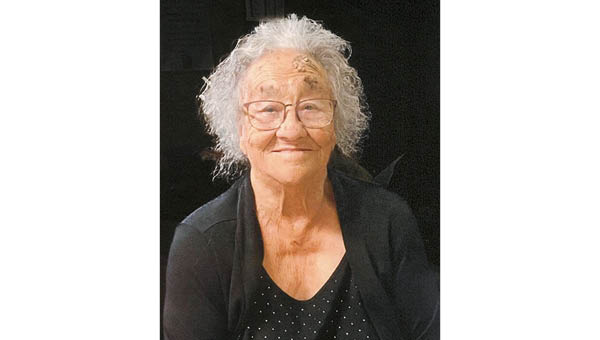Yes, They Still Teach Tennessee history in Public Schools
Published 3:05 pm Monday, August 8, 2022
|
Getting your Trinity Audio player ready...
|
In 2004, I founded the non-profit organization Tennessee History for Kids. Our mission is to help teachers cover Tennessee history and basic social studies, and we do this through booklets, a website and teacher training.
I also field questions about social studies standards and Tennessee history, and I get this one all the time:
“Why don’t they teach Tennessee history in schools anymore?”
In fact, they do – at least, teachers, schools and school systems are supposed to teach a lot more than most people realize. Let me explain.
If you go back more than 20 years, the Tennessee Board of Education and Department of Education directed social studies teachers to teach two units of Tennessee history – one in the fourth grade and one in the seventh.
Around 2002, the state got away from the idea of teaching focused units on Tennessee history. They shifted Tennessee history into something that was “embedded” into U.S. history classes in 4th, 5th, 8th and 11th grades.
So, when students learned about the Revolutionary War in 4th and 8th grades, they were supposed to learn about all the events that took place in Tennessee during that era (such as the Donelson Party journey and the Battle of King’s Mountain). When teachers covered the Civil War, they were to include lots of detail about the battles here, such as Shiloh, Fort Donelson, Stone’s River and Lookout Mountain. When students learned about the Civil Rights Movement in 5th and 11th grades, they were to learn about the integration of Clinton High School, the Nashville Sit-Ins and the Fayette County Tent City Movement.
These are examples of the way embedding was supposed to work.
I started Tennessee History for Kids because I was concerned that embedding wasn’t working as well as it could. About twelve years ago, we started producing supplemental booklets that covered all the Tennessee specific subjects in each grade. We still produce these booklets and, to date, we have now produced and sold have now produced and sold more than 1.2 million of them. (You can learn more about them at www.tnhistoryforkids.org.)
Every five or six years, Tennessee goes through a social studies standards revision. I was a member of one of the committees in 2017 and 2018. My committee argued about this and that, but this column is not the place to rehash some of those arguments.
Today there are a few very basic Tennessee civics and geography standards in 1st, 2nd and 3rd grades and specific Tennessee history standards in 5th, 8th and 11th grades. Let me give you examples from the state’s current 238-page social studies curriculum document.
In first grade, students are supposed to learn about the three Grand Divisions of Tennessee and the state symbols, such as the flag, tree, bird and nickname.
In third grade, students are supposed to learn about Tennessee’s four principal cities, and some very basic colonial history of the state.
In fifth grade, students are supposed to spend an entire semester on Tennessee history – a course that includes everything from how Tennessee became a state to the Civil War in Tennessee to the Civil Rights Movement. Among the names and events that appear in this fifth-grade semester are the Lost State of Franklin, John Sevier, Sequoyah, the Battle of Franklin, the Ku Klux Klan, Tennessee Valley Authority and Dolly Parton.
Eighth grade is an early U.S history grade, but there are Tennessee topics strewn about here or there for emphasis – including Fort Loudoun, the Trail of Tears, Nathan Bedford Forrest and the Tennessee Constitution of 1870.
Most eleventh graders in Tennessee take a course on U.S. history after the Civil War. As part of that course, Tennessee students learn about their state’s unique role in the passage of the suffrage amendment, the Scopes Trial, the Manhattan Project in Oak Ridge and (once again) Tennessee’s Civil Rights Movement.
Again, I should emphasize that all of this is what is supposed to happen, and that doesn’t always happen. Some school systems and some schools do a better job of covering these topics than others.
Thousands of teachers use our booklets, have their students tune in when we do classroom lessons on Zoom, and come to our summer inservices. But thousands do not, and in many cases we find that those systems and teachers are simply responding to pressure to emphasize math and ELA at the cost of social studies. That’s a problem I fight every day, that’s one of the many reasons I do outreach – such as this column.






